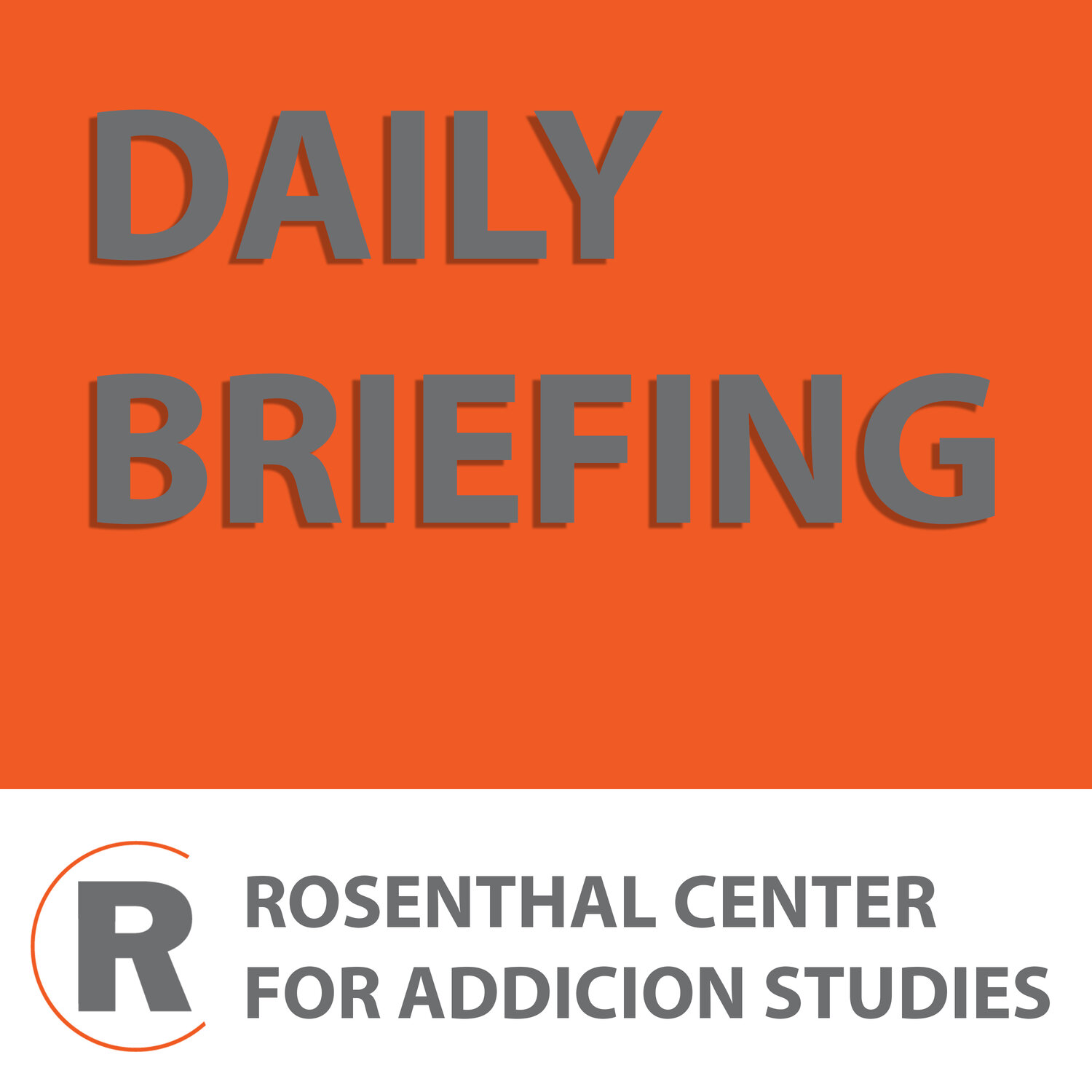The Daily Briefing 10.18.2021
Description
Fatal drug overdoses are soaring in San Francisco, and the city’s mayor London Breed is coming under increasing pressure to declare a public health emergency as she did with COVID-19. Advocates say this would not only bring more attention to the crisis but also provide an incentive to flout federal and state laws to open safe syringe sites, where users can shoot up in a controlled setting. Last year twice as many people in the city died from drug overdose as from coronavirus, and this year drug deaths continue to climb. Mayor Breed generally supports safe syringe sites but says it’s not clear whether an emergency declaration would help get around current laws banning them. Similar fights have raged in several cities with increasing overdose deaths, although none have yet opened in the U.S. In the meantime, Breed has committed an additional $13.2 million to expand the city’s overdose prevention program, including street outreach teams, treatment beds, and wider distribution of overdose reversal drugs.
Meanwhile, streaming service Hulu tackles the opioid epidemic with its new series Dopesick, which offers dramatic and emotional insights into the crisis focusing on a small town in Appalachia, where the epidemic started in mostly white, working-class communities. The series, starring Michael Keaton as a local doctor, looks at the crisis from multiple angles: doctors and patients, law enforcement, and prosecutors trying to hold OxyContin maker Purdue Pharma accountable for essentially lying about the addictiveness of the drug, which fueled addiction and overdoses. The series debuts as opioid litigation against drugmakers, distributors, and pharmacies for their role in the crisis plays out and provokes controversy over proposed settlements that many believe do not adequately compensate victims' families.
And finally, you may have noticed that supermarket shelves are now overflowing with beverages suffused with ingredients such as CBD, purporting to reduce stress and help you calm down—which sounds great, even though there’s very limited research supporting such claims. CBD, the non-psychoactive component of marijuana, is showing up everywhere, including drinks, wellness products, and even dog food. But the New York Times points out that little evidence exists showing that it does what the products promise. Although one company noted that customers have reported “lifted moods and cleared minds,” what they may actually be experiencing is the placebo effect, the power of suggestion being so strong that they believe they’re consuming a magical cure.
More Episodes
More and more people are turning to medical cannabis products to alleviate mental health problems such as anxiety, depression, and insomnia—although there is little science indicating that the drug is safe and effective to treat these problems. Advocates of medical marijuana legalization have...
Published 10/28/21
Published 10/28/21
The New York Times finally weighs in on the risks to kids from marijuana edibles, noting that many teens underestimate the dangers associated with the drug. With pot legalization making pot more widely available, young people have come to believe marijuana is less dangerous creating a perfect...
Published 10/22/21


